Content from the Brookings Institution India Center is now archived. After seven years of an impactful partnership, as of September 11, 2020, Brookings India is now the Centre for Social and Economic Progress, an independent public policy institution based in India.
This article first appeared in The Indian Express. Brookings India is an independent, non-partisan public policy research organisation based in New Delhi. The views are of the author(s).
Mark Zuckerberg must find a “Goldilocks zone” where the privacy protections are calibrated by the state of digital maturity and levels of digital trust — and are “just right.” “If you had asked me, when I got started with Facebook, if one of the central things I’d need to work on now is preventing governments from interfering in each other’s elections, there’s no way I thought that’s what I’d be doing if we talked in 2004 in my dorm room.”
To learn more about data security, click here to watch our development seminar on digital trust.
His sentence construction may be unwieldy, but Facebook’s founder and CEO, Mark Zuckerberg, has been doing a lot of — belated — apologising for the latest instance of an egg on his face. Data on 50 million users had found their way from Facebook to a shadowy research outfit, Global Science Research, and then on to Cambridge Analytica, a data-mining and political consulting firm launched by Steve Bannon, the former White House advisor. Cambridge Analytica is a player of some consequence; it claims credit for tilting the field in favour of the winners in a wide swath of elections — from Donald Trump in the US in 2016 to Nitish Kumar in his landslide win in Bihar over Lalu Prasad Yadav back in 2010.
Zuckerberg has confidently promised to fix Facebook, but it will be far from easy. The ultimate social network is a victim of its own success and eye-watering revenues. When Facebook’s 2 billion users around the planet log in every month and share or swipe past some slice of the human condition as offered up by friends, family and others, the users and their contexts are bound to vary widely. To get a sense of the spread of contexts that Facebook must straddle, consider the two most important markets for the company: India, which has the largest number of Facebook users and is among its fastest-growing markets; the home market of the US. Now, add Brazil and Indonesia as the next two markets behind these two dominant ones. To manage a social network spanning this much disparity of socio-political contexts and levels of digital trust would call for Zuckerberg to re-enroll at Harvard and get a degree in what I might call “digital anthropology”.
To read more, please click here.

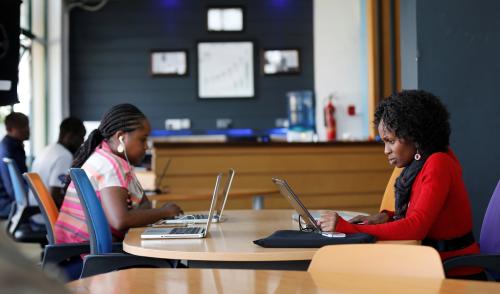
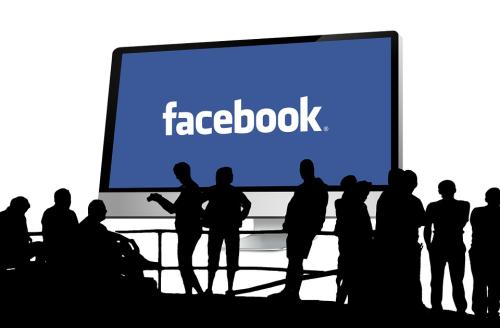
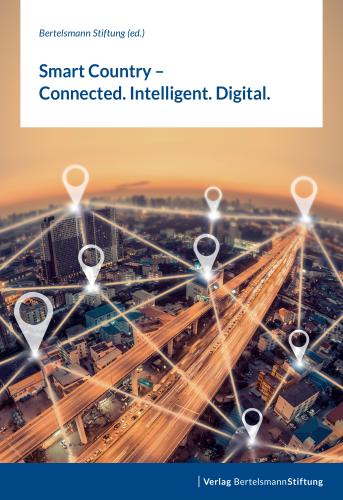

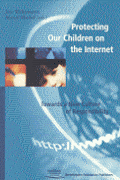
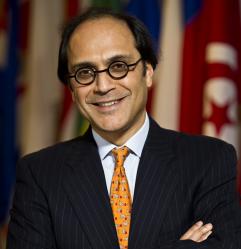

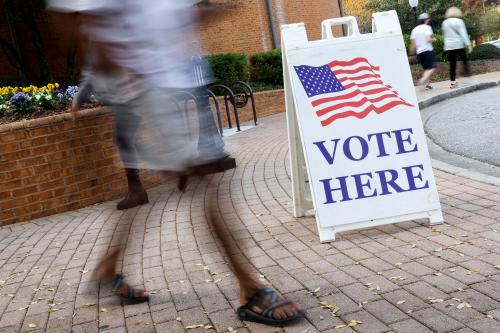

Commentary
Op-edAs Facebook faces a reputational downfall, here’s what Mark Zuckerberg should do
March 28, 2018